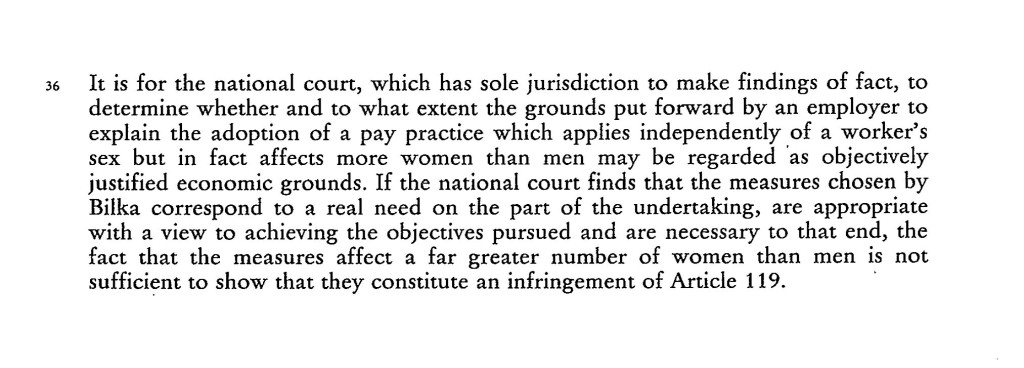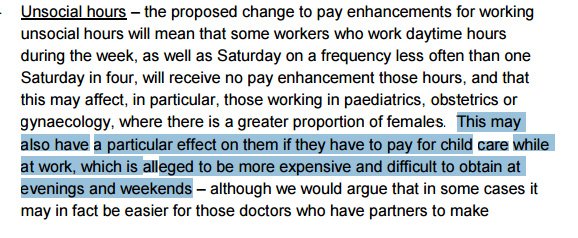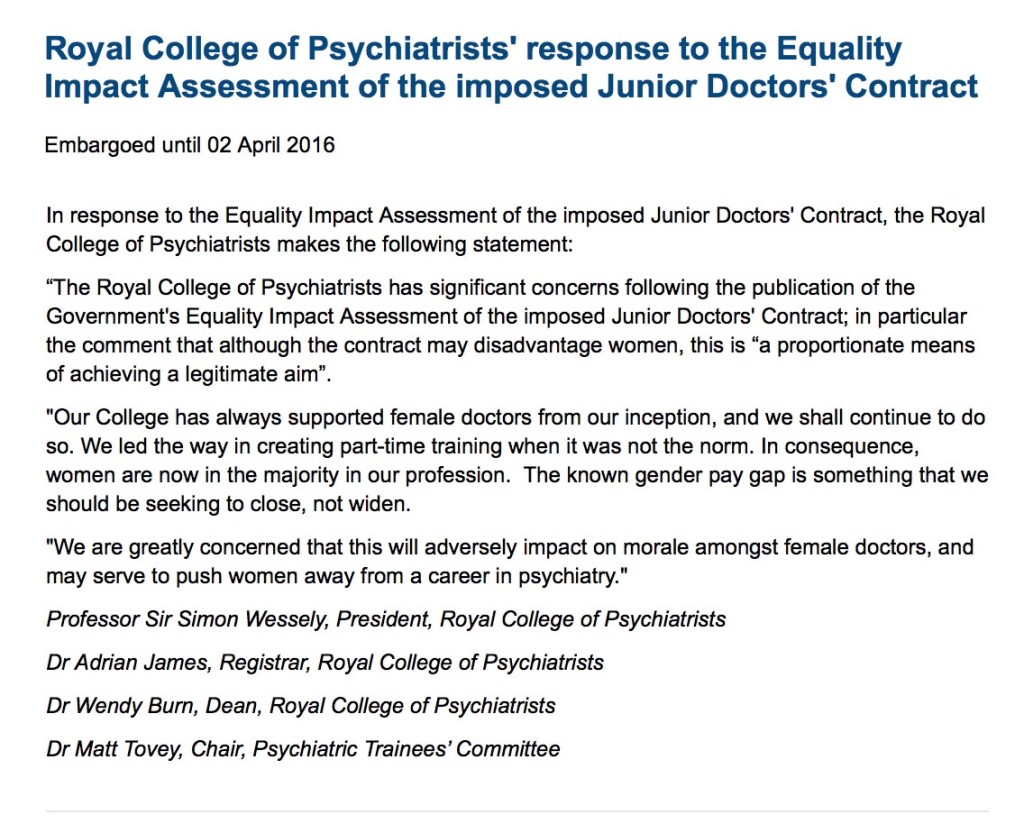[This blogpost was updated in light of developments on 2 April 2016.]
Illegitimi non carborundum is a mock-Latin aphorism meaning “Don’t let the bastards grind you down”.
According to Wikipedia:
“The phrase originated during World War II. Lexicographer Eric Partridge attributes it to British army intelligence very early in the war (using the plural dative/ablative illegitimis). The phrase was adopted by US Army General “Vinegar” Joe Stillwell as his motto during the war. It was later further popularized in the US by 1964 presidential candidate Barry Goldwater.”
It just happens at this very moment in time that Presidents of two of the most important Royal Colleges are women.
The RCP and RCS produced a joint statement on publication of junior doctors’ contract and equality analysis with signatories Professor Jane Dacre (President, Royal College of Physicians) and Miss Clare Marx (President, Royal College of Surgeons).
Meanwhile, this afternoon a [insert appropriate collective noun] of female junior doctors for afternoon tea, supported by Consultant colleagues, in professional solidarity.
What a joyous afternoon filled with laughter surrounded by amazing #ladydocs! pic.twitter.com/Y6iY9lWu2x
— Kate Granger (@GrangerKate) April 1, 2016
with the background to this thus.
@dr_shibley @drpaulmorgan Five of us in that photo are consultants and we treated our juniors to tea #likealadydoc
— Kate P (@doctorwibble) April 2, 2016
The wording of the equality impact analysis, widely shared on Twitter, came as an unpleasant surprise to many.
A first step to oppose this line of argument would be to collect quantitative evidence that women are dropping out of the workforce in ‘non-plain time’, with qualitative evidence that these are highly motivated professionals.
But the law never “does” emotion.
Another example of indirect discrimination is as follows. A criterion that workers be at least 6 foot tall would have adverse impact on women, since proportionally fewer women than men are 6 foot.
The position in English law is that indirect discrimination, a practice, procedure or policy which acts to a detriment to a particular class of people (say, as defined by sex, disability, age etc.), is unlawful in certain circumstances.
For example, a job requirement to carry heavy weights may be justified, arguably, for being a fire-fighter, even though this policy discriminates against women.
A legitimate need might be a business need, or a need for health and safety, or some other need of an employer. Undermining the SoS’ argument that the new contract is done to improve patient safety is that he has decided to stretch out the workforce of five into seven days, without employing significantly more clinical staff. Another big problem undermining the SoS’ argument over patient safety has been, arguably, the removal of ‘vital safeguards’.
This is codified in our statute law by s.19 Equality Act [2010] (see 19(2)(d)). 
The importance of ECJ law and the national court
This is an important legal issue which has vexed the European courts too.
The seminal ECJ case is Bilka-Kaufhaus GmbH v Weber von Hartz, and the material facts are as follows.
Karin Weber von Hartz was a part-time worker, who had worked for 15 years at Bilka-Kaufhaus.
She was refused pension payments under her contract with her employer Bilka-Kaufhaus, which required her to have worked full time for 15 years. She had a German state pension, on top, however. She claimed this was sex discrimination under the equivalent of the Treaty instrument TFEU article 157.
She alleged that women work more part-time, so they are at a disadvantage.
Bilka-Kaufhaus instead argued it was justified in excluding part-time workers because there are higher administrative costs for giving pensions to part-time workers, given the work they do. They also said 81.3 per cent of all occupational pensions were paid to women, even though only 72% of employees were women, so the scheme was unrelated to sex discrimination.
The ECJ considered first whether pension payments were pay and held they were.
They then asked whether there was potentially indirect discrimination, held that there could be, but that it was up to the member state court to determine the facts. There could be objective justification if the employer showed the disparate treatment was based on a “real need” of the business.
That is why, even if the JDC take this to the High Court, Hunt loses and then takes it to the Court of Appeal, the case might land at the Supreme Court, and the Supreme Court feel unable to refer the matter to Europe ultimately.
On Bilka-Kaufhaus GmbH v Weber von Hartz, the judges said the following: Seven day trading
Seven day trading
The current (at the time of writing) Secretary of State for health, Jeremy Hunt MP, will therefore need to argue that the 7 day NHS is necessary. Unfortunately, the way that he has pushed ahead with this gives the appearance of women dropping out of the workforce as ‘collateral damage’.
This is how Hunt addressed the need for a 7 day NHS on 11 February 2016, as reported in Hansard.
Some compare a 7-day NHS to seven day trading.
Keogh ran with this argument, comparing the patient to the consumer, in a document “NHS Services: Seven Days a Week Forum“, pre-dating the last general election, in December 2013.
It is, however, possible to build up a ‘compelling business case’ for 7 day trading, as per this case from 2006.
“In James v MSC Cruises Ltd (ET case 2203173/05) the tribunal ruled that a requirement for Saturday working indirectly discriminated against Seventh Day Adventists whose faith requires them to observe the Sabbath. MSC Cruises marketed and sold holidays on cruise ships and required Saturday morning working to cater for customer needs. This was a contractual requirement and staff were rostered for Saturdays about once a month. The tribunal held that this requirement, although discriminatory, was founded in a “compelling business case”.”
But note that this one failed.
“Edge v Visual Security Services (ET case 1301365/06) covers similar ground. Edge was a practising Christian whose wish not to work Sundays had been flagged up at interview. Six months later VSS transferred him to a site where Sunday working was required; he complied under duress for about three months while the company trained another operative to take these duties. Ultimately, after arguments about time off for personal and religious reasons, he was dismissed. The tribunal held that VSS had a legitimate aim in requiring Sunday working, but that its failure to find alternative solutions because they were “simply too much trouble” meant that it could not demonstrate proportionality.”
Morale, recruitment and “the gender pay gap”
The Fawcett Society explains:
“Despite the Equal Pay Act 45 years ago, women still earn less than men in Britain today. The difference in pay between men and women remains the clearest and most dramatic example of inequality for women.”
According to the Fawcett Society, the four biggest causes of the gender pay gap are discrimination, unequal caring responsibilities, a divided labour market, and men in most senior rôles. Indeed, as pointed out above, the law does not do emotion, but the cognitive argument for taking seriously the ‘gender pay gap’ is a very strong one, not least for contemporary public policy reasons.
It’s 2016 not 1916!
Why on EARTH should we earn less simply because of our gender? #everydaysexism #juniorcontract pic.twitter.com/n0RQiwDk3b— Natalie Blencowe (@NatalieBlencowe) March 31, 2016
This is indeed captured in the response by another one of the most significant Royal Colleges, the Royal College of Psychiatrists.
Before the last election, it was indeed a manifesto pledge from the Conservative Party in 2015” to reduce further the gender pay gap”.
@dr_shibley @doctor_oxford Government has no electoral mandate to do anything to increase gender pay gap pic.twitter.com/SIJzA8EPJ8
— Andrew Lewis (@AndrewL85099710) April 2, 2016
The mechanism proposed by HM Govt might fall down on the grounds of its disproportionate effect in recruitment in certain medical specialists, like this tweet explains.
Contract not just bad for female docs but all women and kids too. Risk it harms recruitment in paeds, obs+gyny pic.twitter.com/q7ncJzScoz
— Rosamund Urwin (@RosamundUrwin) April 1, 2016
As Dr Rachel Clarke (@doctor_oxford) in the Independent noted on 1 April 2016:
“In other words, for Cameron, the alleged champion of women, women’s salaries are mere collateral damage. Gender discrimination against the 60 per cent of doctors who are female is justifiable for our Prime Minister because the end justifies the means.”
Dr Clarke then was able to put forward the argument on BBC Radio 4 “Today” programme on 2 April 2016:
“It will discriminate me, because, as I progress through my years of training, I will earn less than my male doctor colleagues. That is a ‘gender pay gap’. It is wrong, and it is regressive.”
Whilst their Lordships ultimately steer clear of delivering judgments on politics, social issues, or a combination of both, it will not escape their Lordships that this is a delivery of policy which simply does not make sense. This is a Government which has previously pledged to have a ‘five year lock’ on raising taxes, a fiscal rule always to run a surplus, and somehow simultaneously wishing to see sufficient resources for a 7 day NHS including ancillary staff.
This is also from the Conservative Manifesto 2015:
But take a look at the timeline. Philip Davies MP is a Tory MP notorious for filibustering in parliament – he has helped to block criticism of NHS privatisation, but his ‘finest achievement’ arguably was when he blocked the law to scrap hospital parking charges for carers. If judges in the lower courts, say the High Court or Court of Appeal, decide that the contract cannot be imposed due to reasonable legal concerns about fundamental flaws in the contract, for example over the legitimacy of openly admitted indirect discrimination, Jeremy Hunt, or whoever succeeds him, could find himself running out of time on imposition of the contract in the autumn.
Now wouldn’t that be sad?






